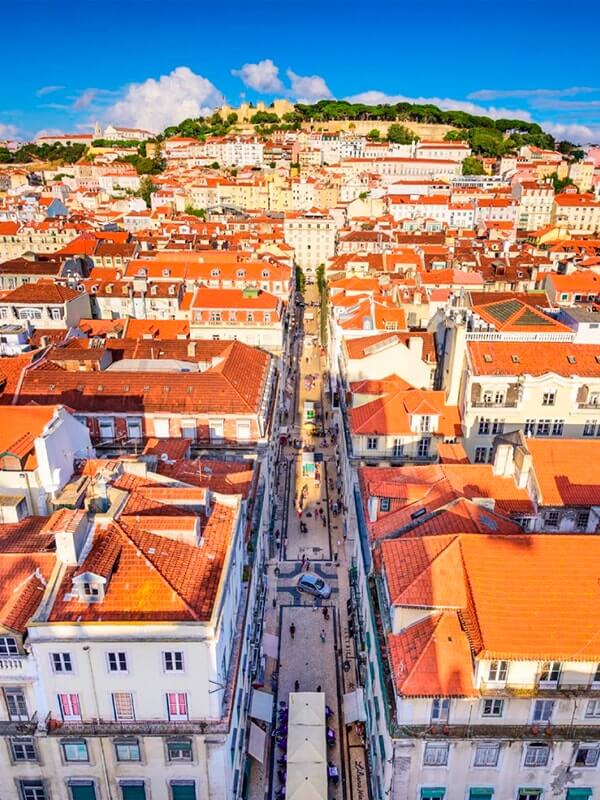
EXPO98: Parque das Nações was born in a degraded area and today has the most sought after houses

Parque das Nações, in Lisbon, emerged as the "imagined city" that accompanied Expo'98, transforming a degraded area of the capital into a modern, planned from root, where houses are nowadays the most sought after, despite prices.
The Lisbon World Expo, inaugurated 20 years ago, on May 22, 1998, was the motto for the transformation of the formerly degraded part of the Portuguese capital, "an open dump" and deactivated factories in a new city imagined from scratch.
"In the beginning it was necessary to be a visionary to invest there," Ruben Afonso, of the real estate agency Era of Parque das Nações, told Lusa, stressing that at that time prices "were not that expensive."
However, according to the official, "those who invested at that time, until 2004/05, - almost 100% national clients of middle or upper middle class - in a short time tripled the profit and had a recovery of 300%."
"People bought in a plant and in months, even weeks, they got very interesting valuations. They sold the position and got 30 or 40 thousand euros of profit," he said, noting that "the builders themselves raised prices from one week to the next and they sold everything."
From 2000 the real estate market of Parque das Nações began to stand out in comparison with other zones, but nothing that compares to the 'boom' after the beginning of the Gold Visas program, at the end of the first decade of 2000, a time in which the investment came mainly from foreigners.
"Before the Gold Visas, a square meter of a house was around € 2,000 to € 2,500, after the program started to cost was about 4,500 euros per square meter," he said. The final price also depends on other factors.
These new investors for Parque das Nações are mostly Chinese, followed by Brazilians. The investment of "Angolans with purchasing power", which had already begun before the Gold Visas, was accentuated, seduced by a European country with the ease of the same language.
At the time of troika, Parque das Nações was also in crisis, but "a milder crisis than in the rest of the country," said Ruben Afonso.
"A few years ago, a T1 that cost 170 thousand euros took longer to leave. Now, if it's for 290 thousand it leaves in one day," he added.
Another attraction has been the shift to the area of major corporations over the last 10 years, which means that there is a very large business component with employees with some buying power, which helps solidify the demand for housing.
The Association of Professionals and Real Estate Mediation Companies of Portugal (APEMIP) confirmed that Parque das Nações "continues to be a very sought after area, especially in the higher segments", because it is "a modern zone with good access and infrastructure ".
"The only obstacle these days will be the lack of real estate stock in this area, but this is a phenomenon that is extendable to the rest of the city of Lisbon," he said.
Ruben Afonso also confirms that, "in the last half-dozen years, construction has stopped" and currently "there is only one building under construction in Parque das Nações."
However, both consider Parque das Nações "an example of success", "a strategy won", a "very happy idea", although Ruben Afonso admits to "a critical period of abandonment" after the extinction of Expo Park.
"It has prevented this place from becoming a desert after Expo 98. The implementation of infrastructures, commercial areas and proximity to various public transport are factors that are taken into account by potential buyers, who today see that area as a housing and leisure area, "added the APEMIP.
